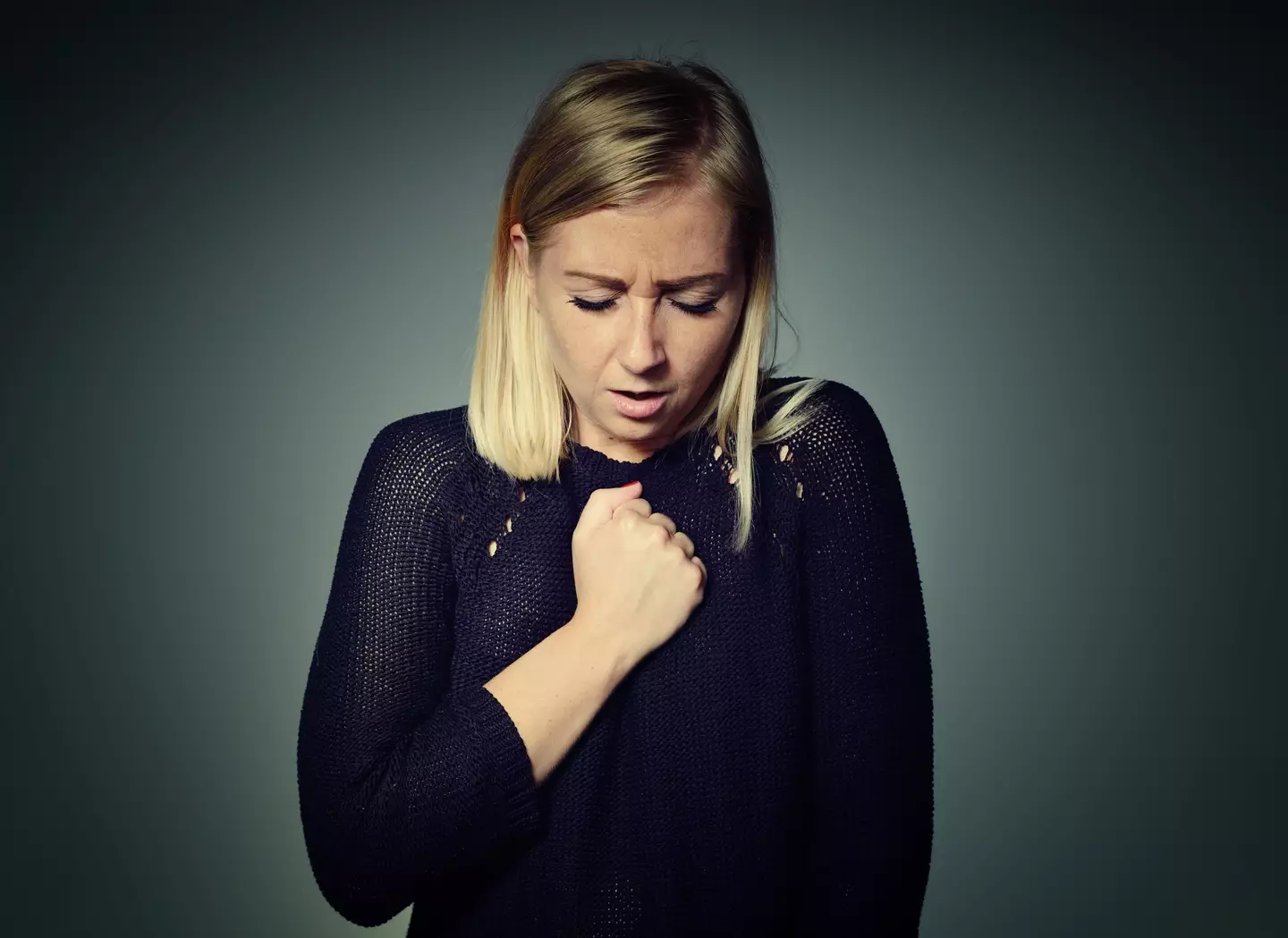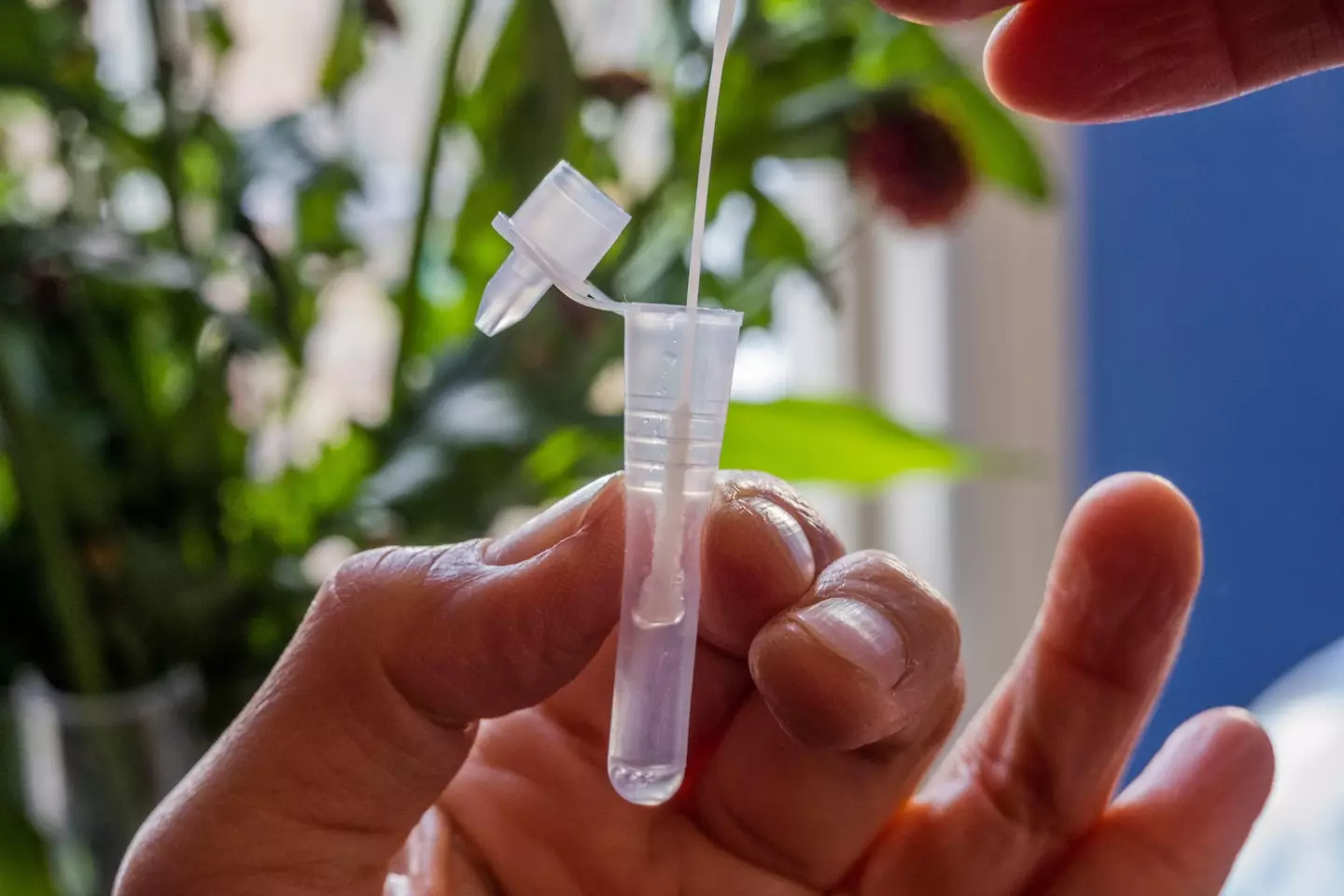
Since the omicron wave of covid-19 swept the nation late last year, many of us are keeping an eye out for the usual symptoms we traditionally associate with coronavirus: a high temperature, a continuous new cough, and loss of taste and smell.
However, some people have reported having a faster heart rate or an irregular beat after being struck down by the virus.

The British Heart Foundation writes: “Covid-19 may cause your heart rate to become fast or irregular. Your pulse rate may increase in response to fever or inflammation as your heart works harder to pump more blood around your body to fight the infection.
“Some people are reporting palpitations, or that their heart is beating faster, even after their initial coronavirus infection has resolved. For some people this may be a sign of long covid.
“This is an area that researchers are continuing to look into.”
So why can the omicron variant, which is thankfully much less severe than previous iterations of the virus, causing heart trouble for some?
.jpg)
Giulia Guerrini, lead pharmacist for www.medino.com, explains the virus’s inflammatory properties may be what’s triggering heart problems.
“Since the start of the pandemic, we’ve seen numerous horrible symptoms revealed to be side effects of the virus, and we now have another one to add to the list,” she tells Tyla.
“The virus can impact the inner parts of veins and arteries, which can lead to blood vessels becoming inflamed, small vessels becoming damaged and blood clots forming.
“Overall the inflammatory process triggered by the virus can damage some healthy tissues, including the heart, which can lead to impaired blood flow and/or a temporary increase to your heart rate.”
However, Guerrini stresses it’s important that you test for covid-19, as an irregular or rapid heart beat can be contributed to numerous other problems.

“An increased heart rate is also a side effect of numerous other things that go hand-in-hand with this virus, such as dehydration from a fever or even being out of shape after covid,” Guerrini explains.
“When you have a faster heart rate (above 100 bpm) it’s commonly referred to as tachycardia, which means that either the upper or lower chambers of your heart are beating significantly faster.
“When this happens, blood pumps less efficiently and blood flow to the rest of the body – including the heart – reduces. Also, when your heart is beating faster than it normally does, it means the heart muscles need more oxygen to work, increasing the risk of heart attack.”
If you do feel like your heart is racing, there are a few things you can do to try and slow things down and feel a bit calmer.

“There are a range of things you can do to help,” Guerrini explains. “Practising deep breathing, relaxing and remaining calm, going for a walk, taking a warm, relaxing bath or shower and practise stretching and relaxation exercises can all ease a racing heart.”
And of course, with any issues with your heart, it’s always important to seek medical advice.
“If you’re concerned about an increase in your heart rate, the best and safest thing to do is speak to a doctor,” Guerrini says. “If you’re experiencing any other troubling symptoms alongside a faster heart rate, seek urgent medical help.”
Featured Image Credit: AlamyTopics: Health, Coronavirus, Covid-19
